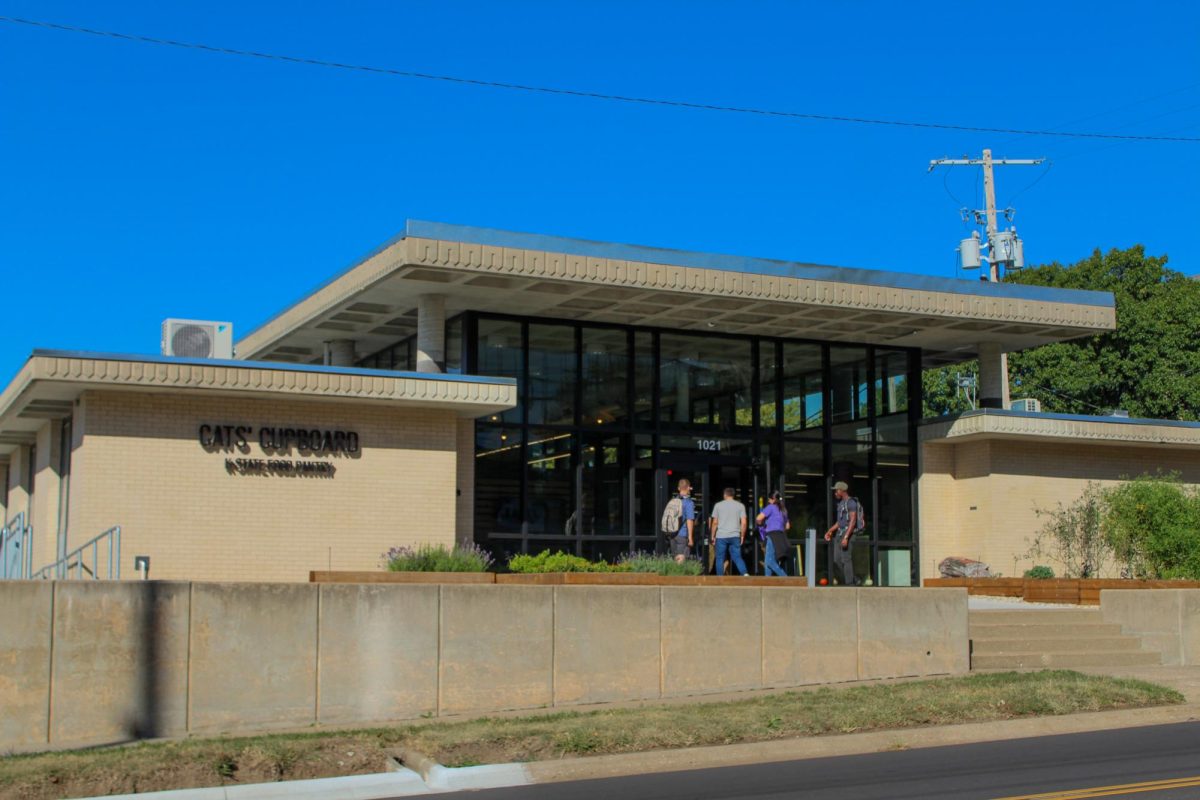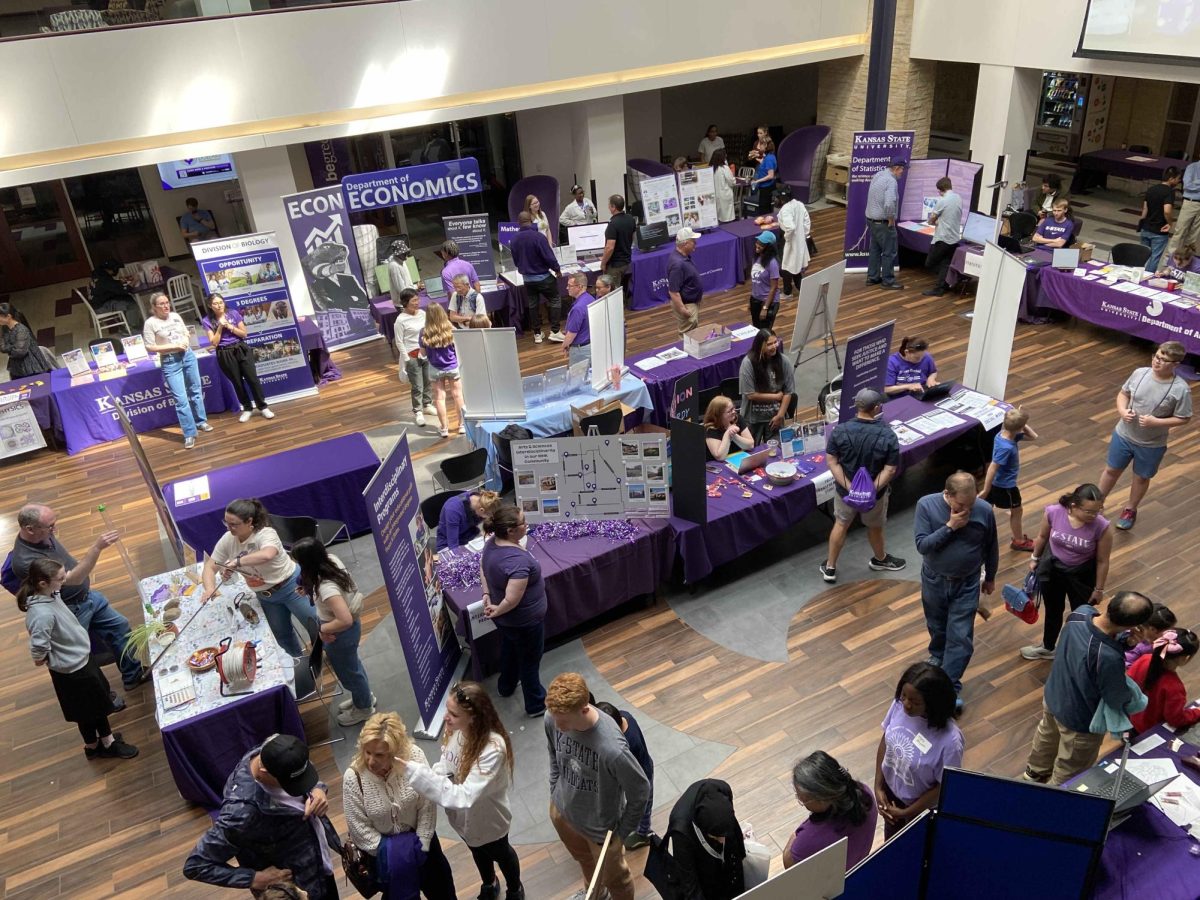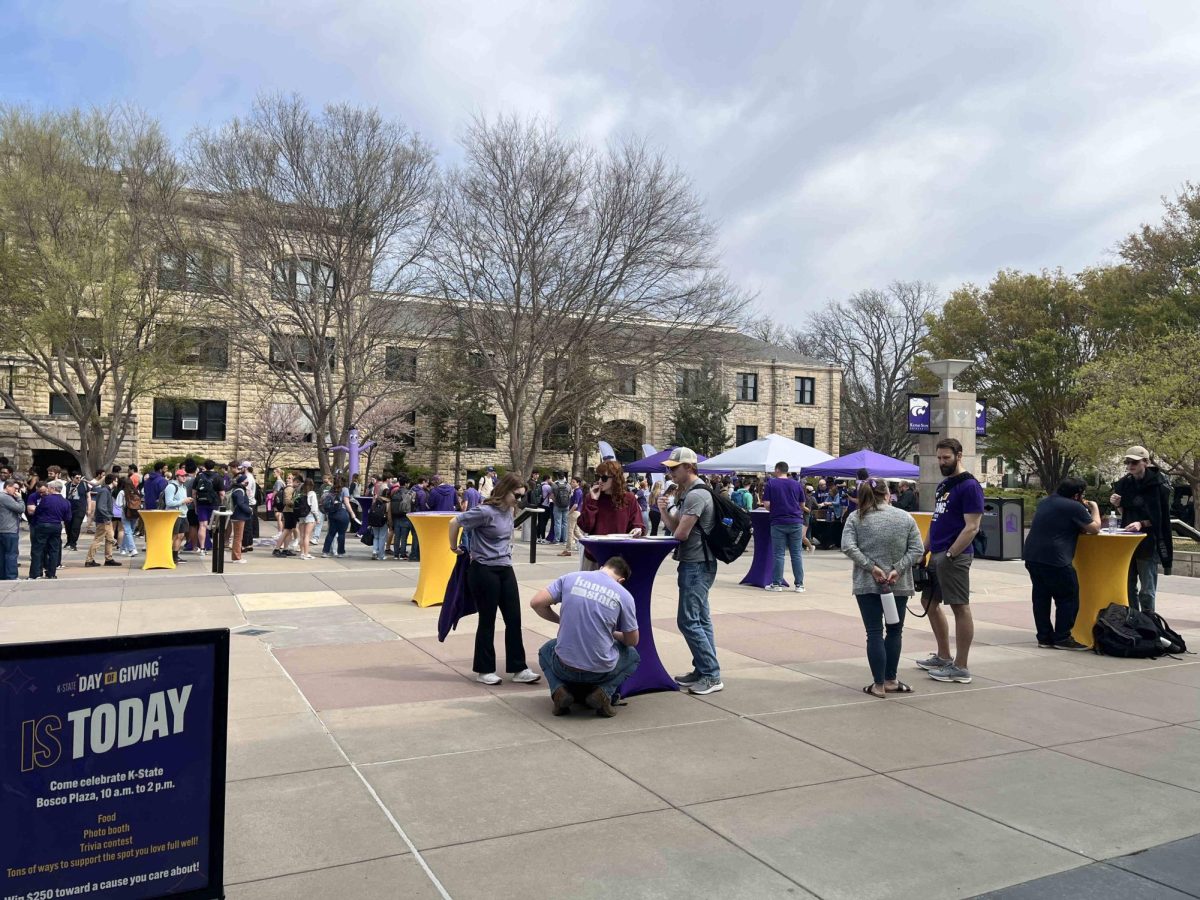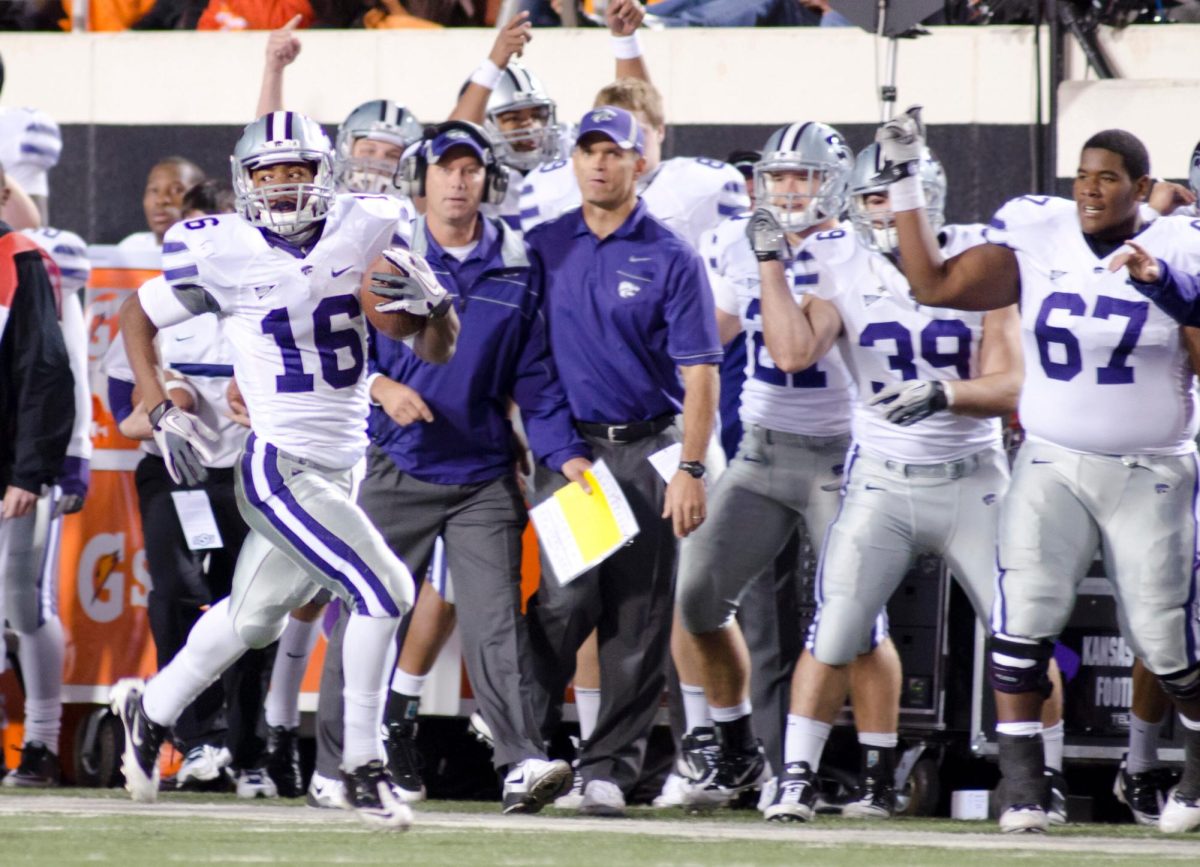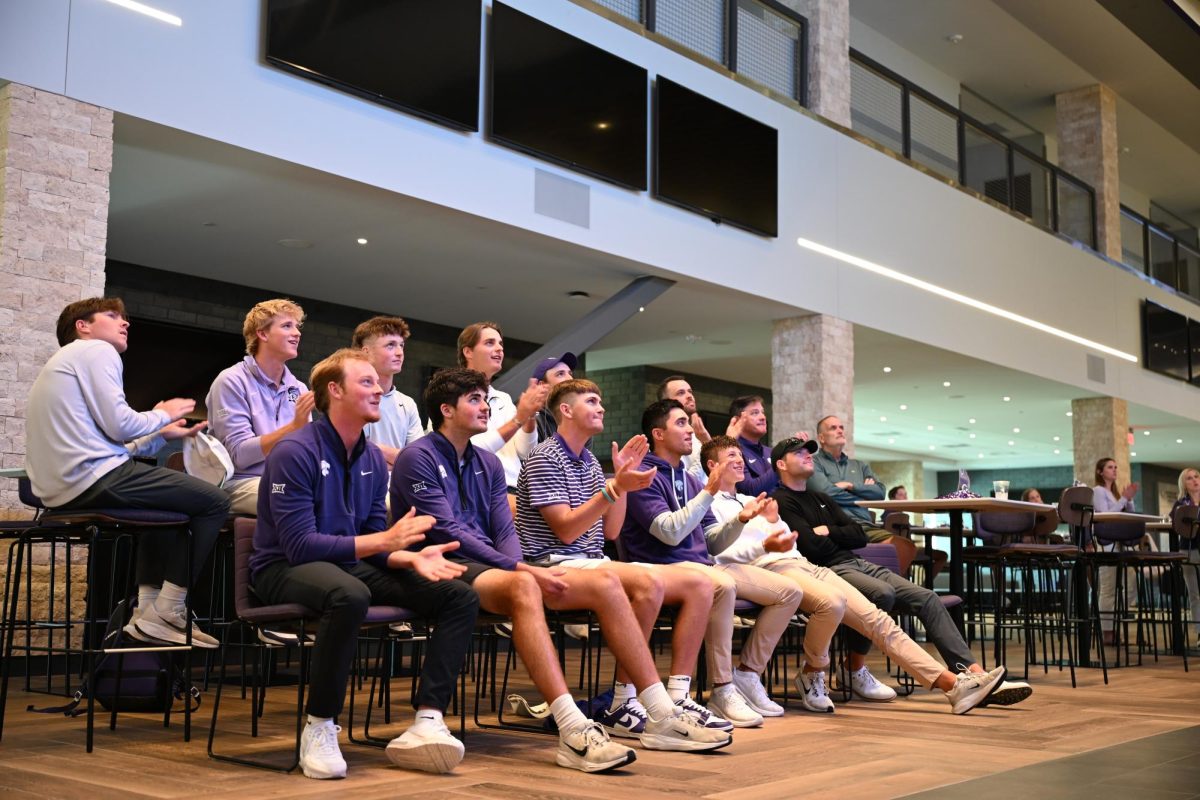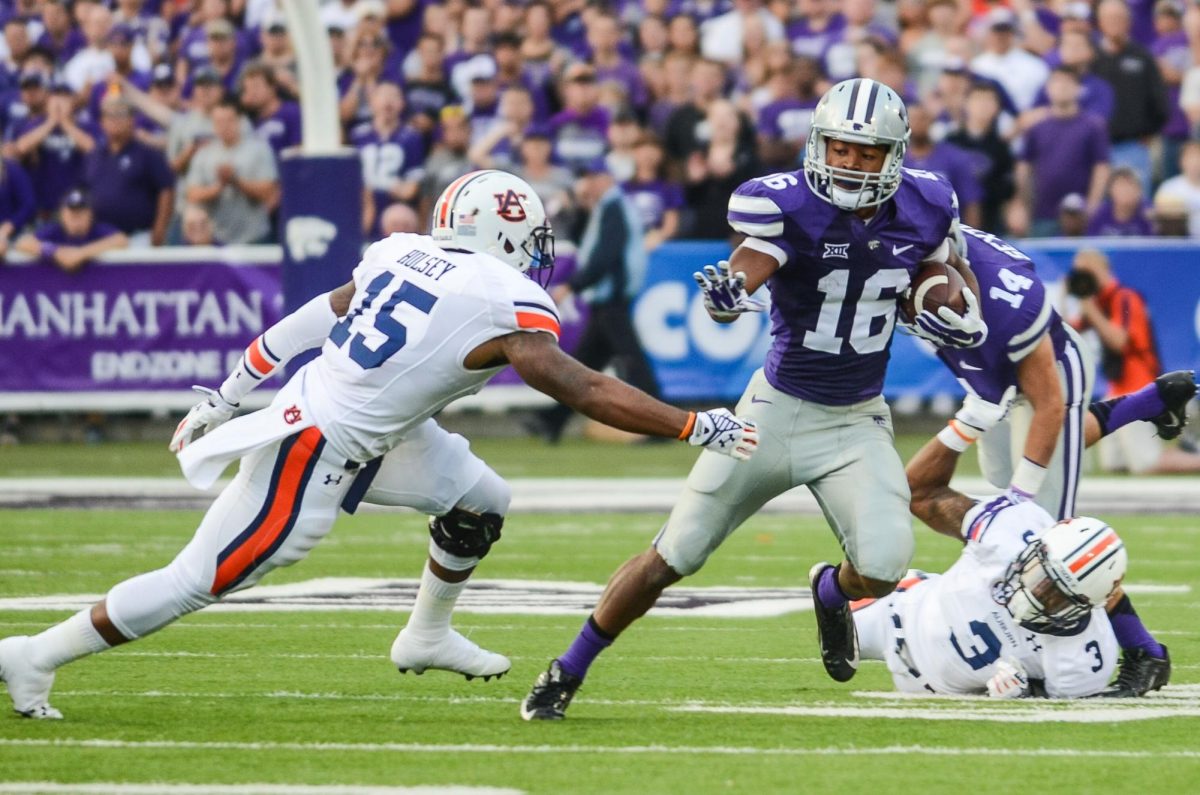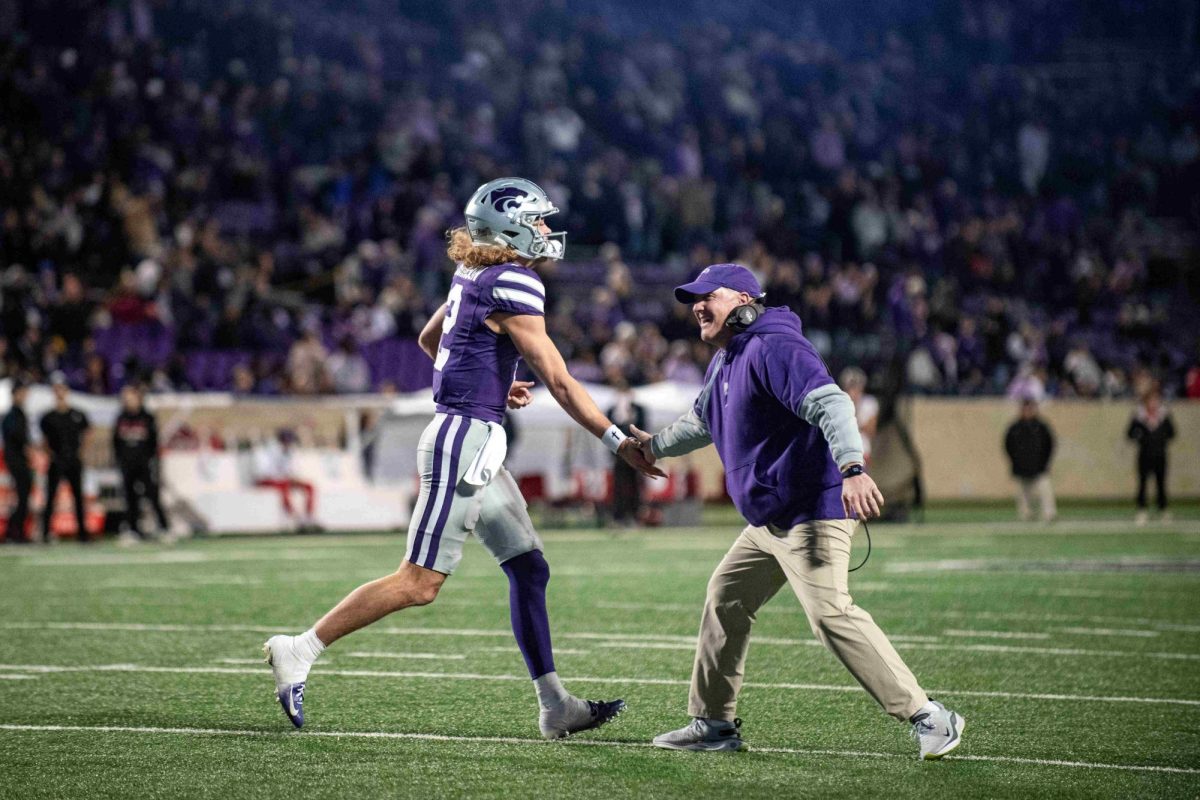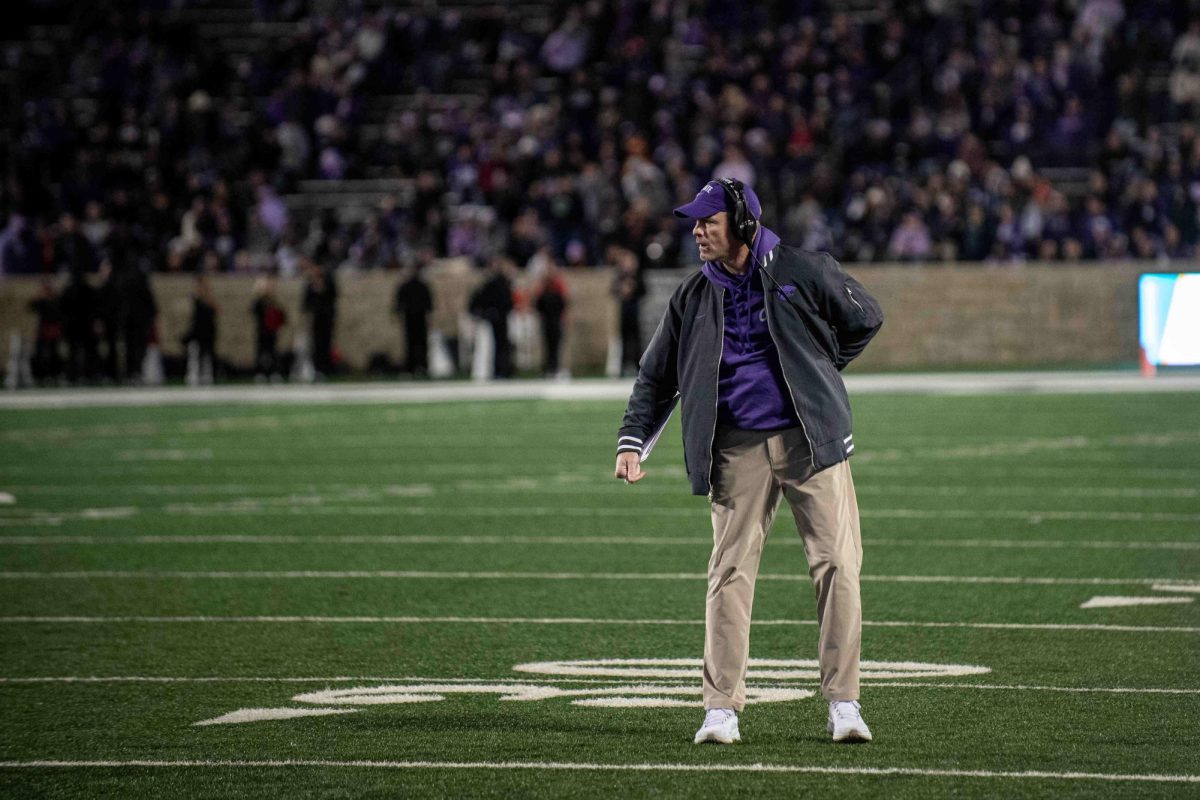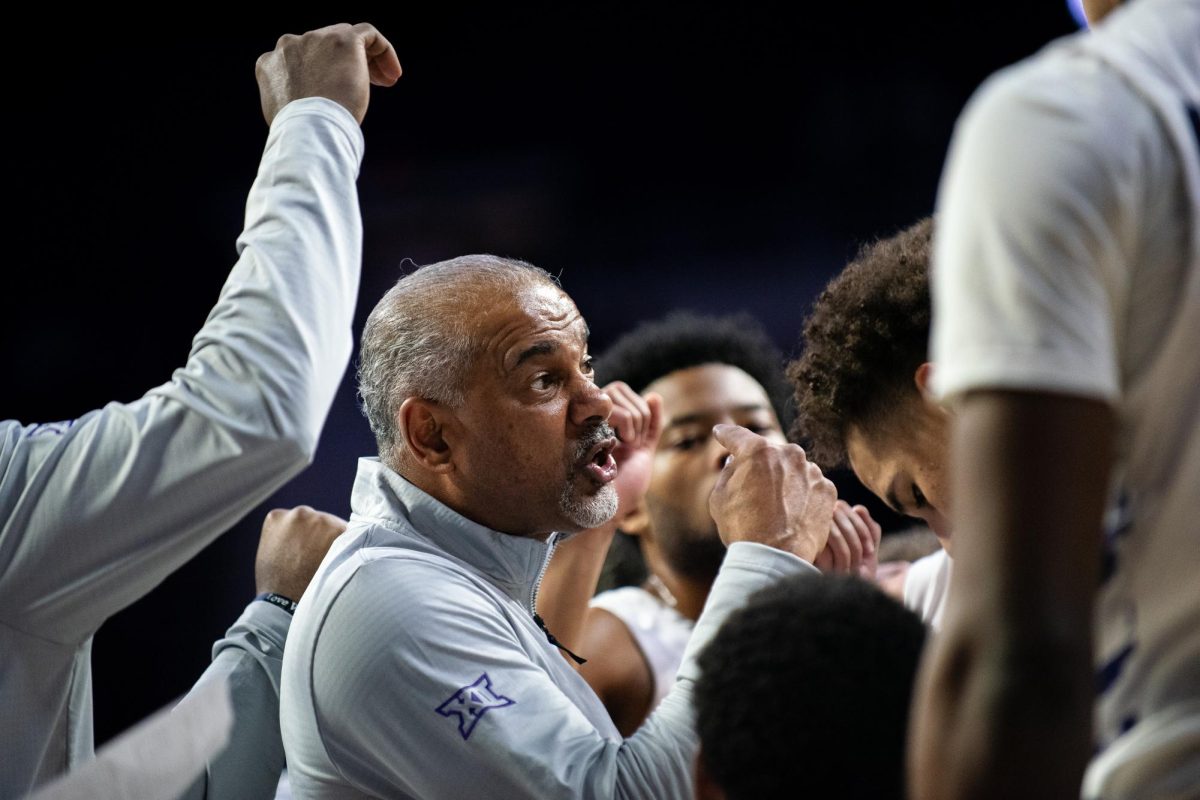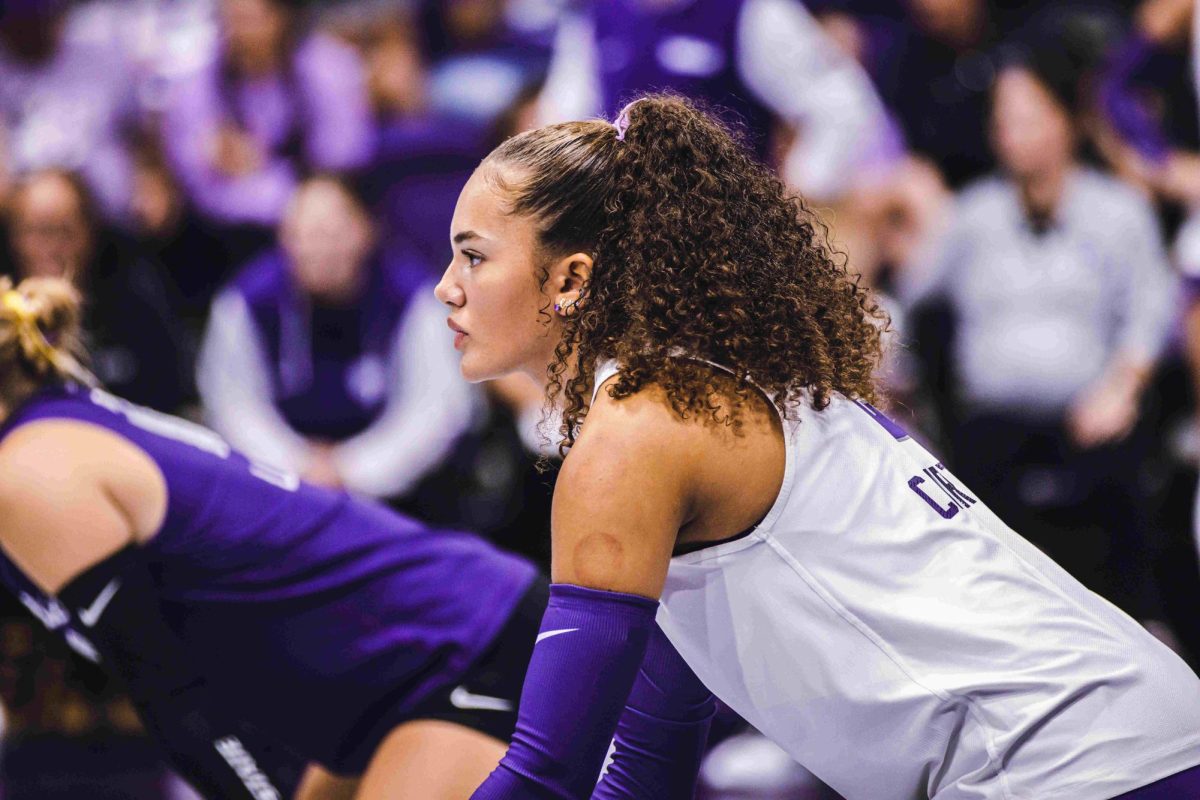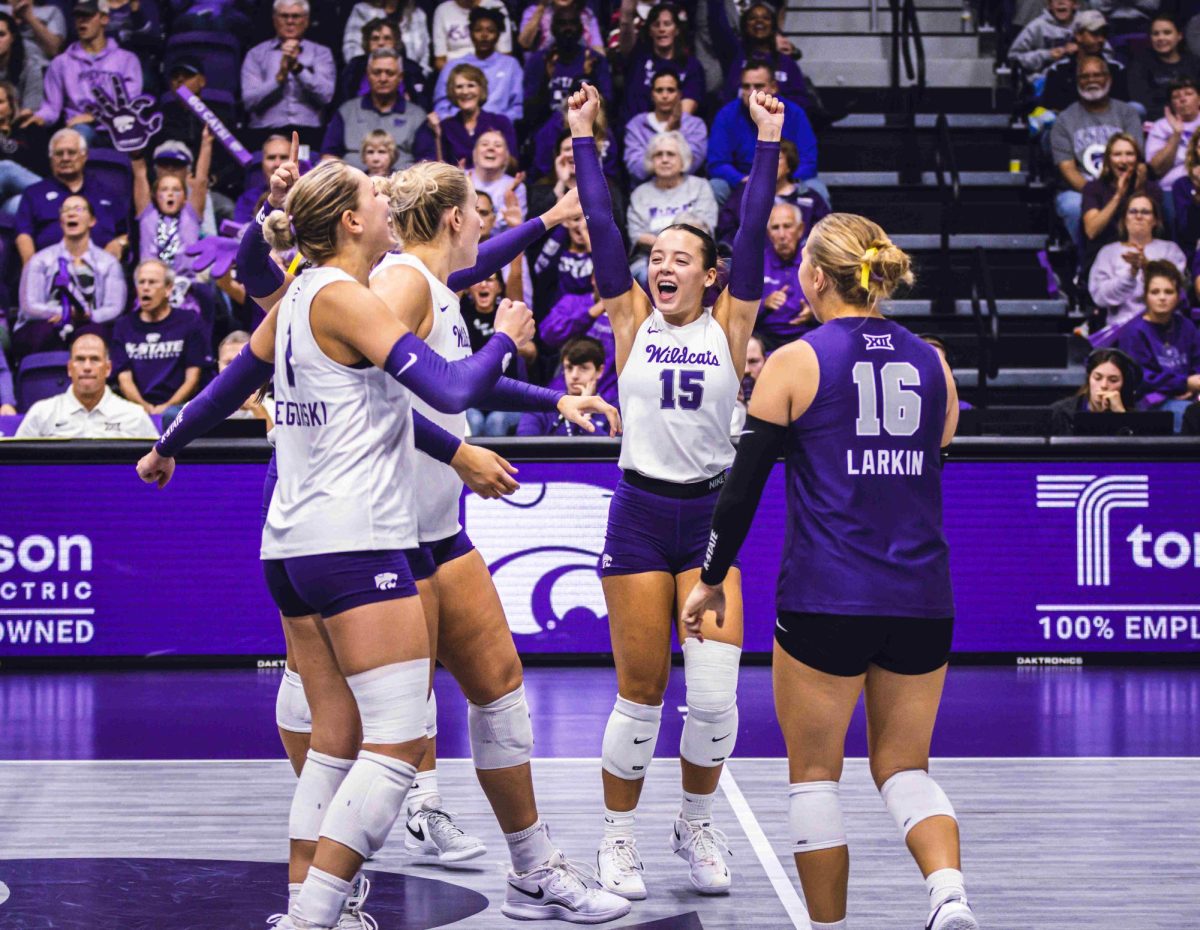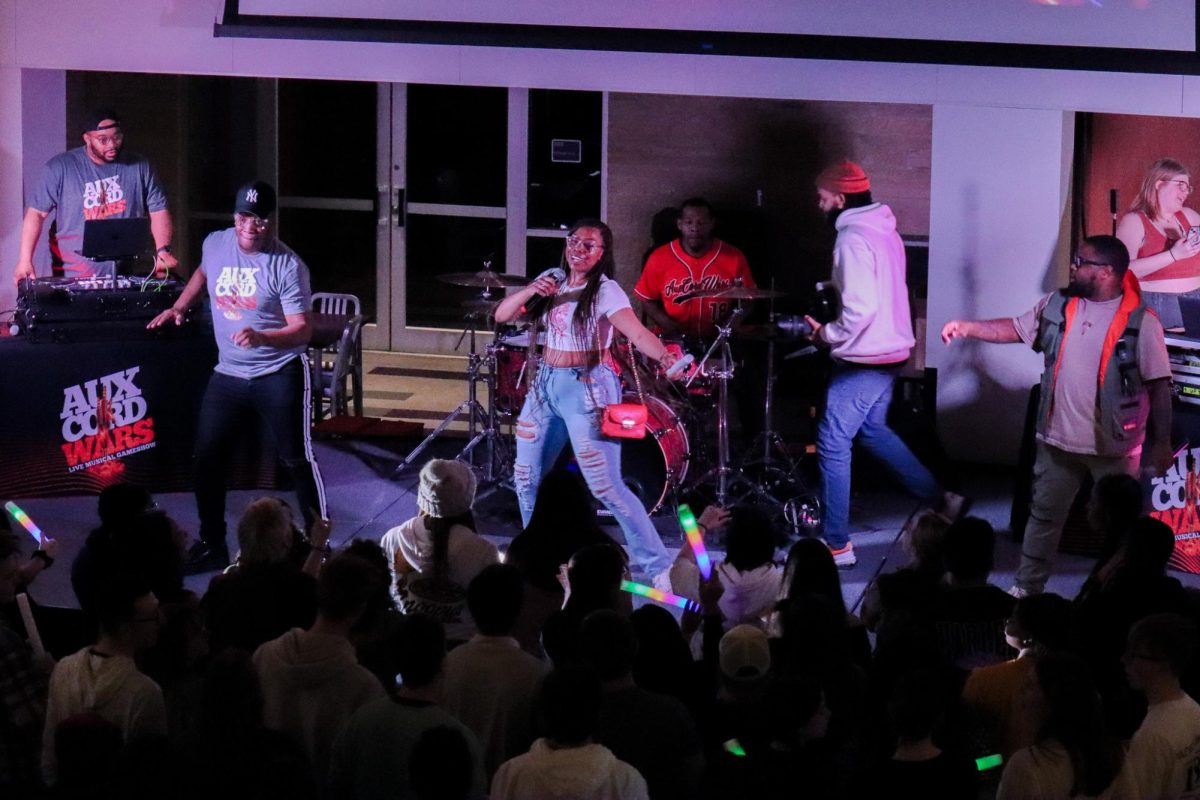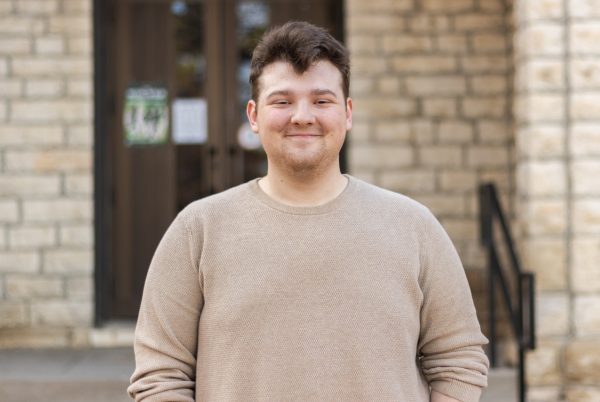After a senate meeting April 25, the Kansas State College of Business Administration gathered together and held a vote for the removal of its caucus chair, Gavin Strunk.
Michael Jacobson, student senator for the College of Business, said four of the seven senators voted in favor of Strunk’s removal.
“We had a majority of our caucus there that night, and we did go ahead and ask our caucus if they were okay with having that vote,” Jacobson said. “They agreed to it — even the caucus leader agreed to the vote — so after senate concluded that Thursday we took that vote.”
An anonymous source said this started because of a demographic survey.
“Gavin Strunk … sent the link out, the [demographic] survey, to the business caucus group chat, and they did not want to fill it out,” the anonymous source said. “Come to this last senate meeting this last Thursday, they decided to — after the senate meeting — to remove him as caucus chair in an impromptu meeting.”
The anonymous source said this is an issue they haven’t encountered before.
“The reason why this is so unique is because we have not had a caucus leader removal like this, not since I’ve been here has a caucus leader ever been removed, let alone in a fashion of a kangaroo court I would say,” the source said. “‘Cause typically caucus meetings only happen when we allow in our agenda for caucus time.”
Jacobson said the demographic survey was not the reason the business senate voted out Strunk.
“Those concerns are totally separate from the decision that we did make,” Jacobson said. “The demographic survey itself we did take part with, we did take some issue within our caucus. That was not the reason we removed our caucus leader, they are totally two separate issues.”
Jacobson said they communicated about the issue through a group chat.
“It wasn’t us just talking to a few people, it was our entire caucus, and the issue was that once we relayed our concerns about the demographic survey, that they were shared with members of the executive board,” Jacobson said. “We thought that that was a breach of our confidentiality within our caucus, and so that’s why we ultimately took that to a majority vote.”
Andrew Le, the Diversity, Equity, Inclusion and Belonging committee chair, said part of his duties is to administer the demographic survey for the fall and spring semesters.
“It’s not that I do it out of my own goodwill, but more so it’s part of my job and responsibility to do that,” Le said. “The survey just kind of asks about your race, your gender identity, your sexual orientation, religion and religious beliefs, ability, any medical conditions — the survey has been administrated since the DEIB was organized.”
Strunk said there was no reason for the mistrust.
“I think that it was personal and they thought that I was too woke for them, even though I’m like not necessarily … SGA is not supposed to be political, it’s more of like a governing body, and I think they tried to like, politicize it more,” Strunk said. “A caucus leader is not really a role that has a ton of power or anything. All they do is organize meetups and help find senators for vacant spots. I would consider it more of just like a title. By removing me from that, there was really no change. It only served to split us up.”
Jacobson said there is nothing specific in the bylaws that mentions anything about the removal of the caucus chair, but he does know the attorney general will draft an opinion on the matter.
“I do think that there is a bit of a conflict of interest there,” Jacobson said. “I think chairing the committee while being in charge of whatever caucus could cause a conflict of interest by pursuing legislation that might benefit their respective caucus. Technically there is nothing in writing saying in our bylaws that they can’t be that, but I would argue that it’s kind of a moral thing. I would even go on and say that most of the senate body agree.”
Strunk said there is no conflict of interest.
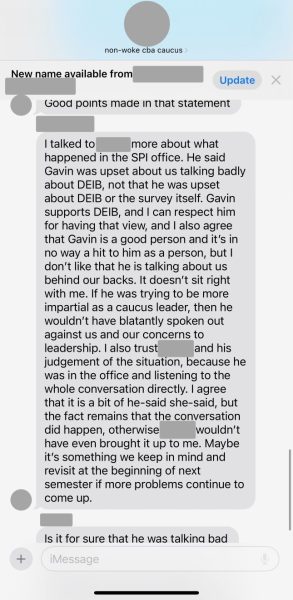
“They think that I have been reporting all of their actions to exec., which is not true,” Strunk said. “So I was in the office and I was talking about how some people in the caucus were upset about committee assignments and the DEIB survey. Somebody had overheard that and talked to one of the people that had voted me out.”
Another anonymous source said several College of Business Administration members created a group chat called “non-woke cba caucus.”
Jacobson said he finds the arguments hypocritical.
“A matter of fact, the caucus leader himself, I was not at the meeting that he was elected at,” Jacobson said. “I did not know he was caucus leader until after the fact. The whole notion that we were doing, that we met without everyone there, it just doesn’t make sense. There’s a double standard there because we elected our caucus leader without all of our caucus there in the first place.”
Jacobson said he felt the discussion should have been kept internal.
“We felt that we wanted those conversations to be kept private, and they weren’t,” Jacobson said. “That was the only reason that leadership wants to go and tell a different story, but I can assure you, that is not the case.”
Carson Cuesta, speaker of the student senate, said future judicial plans are up in the air because this issue is unorthodox.
“There’s nothing that specifically enumerates how that process should work, but I have … requested an interpretation of those statutes from our judicial branch to clear up some of the vagueness,” Cuesta said.



